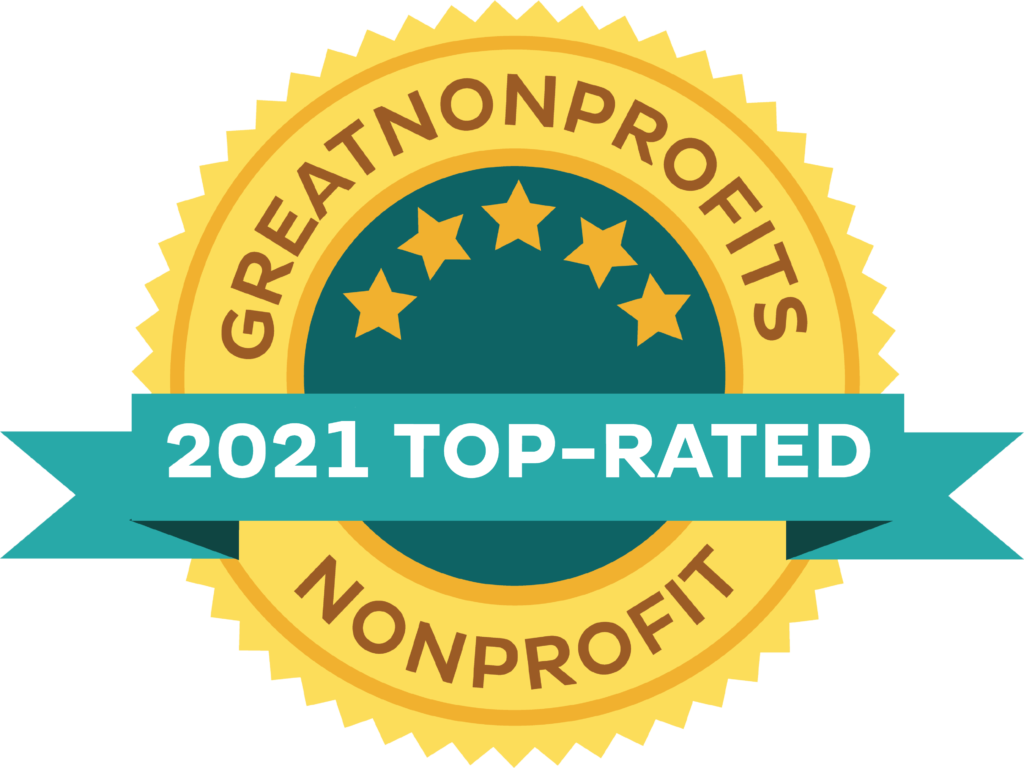Who was involved: FVAP Washington worked with pro bono lawyers from Morgan, Lewis & Bockius LLP to represent a survivor defending her domestic violence protection order.
What Makes This Case Important
This is the first published case in Washington to thoroughly analyze what “coercive control” means as a form of domestic violence. This case helps survivors in two major ways:
- Get protection orders that focus on coercive control, even when there’s no physical harm
- Present evidence of coercive control without having to prove the abuser intended to cause harm
The Background
A survivor had been granted a domestic violence protection order by a trial court. The abuser appealed, arguing there wasn’t enough evidence of domestic violence through coercive control. The Appeals Court disagreed and upheld the protection order.
What the Court Found: Examples of Coercive Control
The court found significant evidence that the respondent’s behavior qualified as coercive control under Washington law, including both specific examples and broader patterns.
Specific Examples Listed in the Law:
- Threats to the survivor’s pet
- Threats to harm himself
- Repeatedly putting down the survivor based on her reproductive health choices
Broader Patterns of Control:
- Monitoring and controlling her movements and behavior
- Interfering with her ability to breastfeed their baby
- Not allowing her to have her own space in the home
- Isolating her from family and friends
- Humiliation and intimidation (sometimes in front of their child)
- Regularly using degrading language toward her
- Example: “Papa doesn’t get to be happy and cheerful because his wife is a selfish [c**t]”
The Key Legal Ruling
Most importantly, the court ruled that an abuser does not have to “intend” to cause harm for their behavior to qualify as coercive control.
What matters is the effect the behavior had on the survivor, not whether the abuser meant to cause harm.
What This Means for Survivors
This decision makes it easier for survivors to:
- Get protection orders based on coercive control patterns, even without physical violence
- Present their case without having to prove the abuser’s state of mind or intentions
- Have their experiences validated by the legal system when abuse doesn’t involve physical harm
Current Status
Publication Update: This court decision was originally unpublished (meaning it couldn’t be used as legal precedent). However, on August 7, 2025, the court granted a request to publish the opinion, making it available for other survivors and lawyers to use in similar cases.
Bottom Line
Washington courts now recognize that coercive control is a serious form of domestic violence that deserves legal protection. Survivors no longer need to prove their abuser intended to harm them – they just need to show the harmful effects of the controlling behavior.

